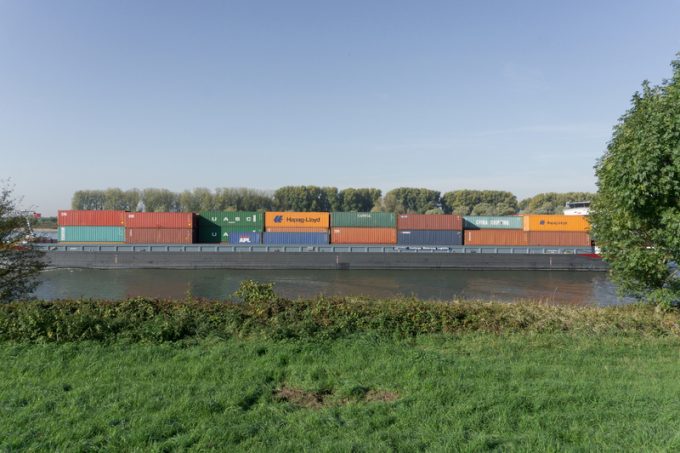The challenges for containerships braving the waters around the Cape
Sailing around the Cape of Good Hope was regarded as foolhardy in the days of ...

Forwarders are being warned to consider themselves the ’principal’ when it comes to container transport, amid mounting anger at unexpected storage and quay charges.
The British International Freight Association (Bifa) issued the warning on Friday saying questions regarding abandoned containers rank among its most frequent queries.
Director general Robert Keen said most of the problems arise from forwarders incorrectly seeing themselves as agents, rather than principals, when negotiating capacity.
“Although some may act as an agent periodically, the majority of transactions see a ...
Volcanic disruption at Anchorage could hit transpacific airfreight operations
Macron calls for ‘suspension’ – CMA CGM's $20bn US investment in doubt
De minimis exemption on shipments from China to the US will end in May
Forwarders stay cool as US 'liberation day' tariffs threaten 'global trade war'
Shippers snap up airfreight capacity to US ahead of tariff deadline
Looming Trump tariffs will create 'a bureaucratic monster' for Customs
Mixed response in US to 'Liberation Day', while China leads wave of retaliation


Comment on this article
Frederik deCockBuning
March 11, 2019 at 4:43 pmGood topic , very delicate issue . carriers should keep more stricktly to the conditions of carriage . cargo must pay !
Moronkola Olatunde
March 12, 2019 at 9:07 amYou’re association should look more into the issue of abandonment of empty containers in Nigeria. We have a lot of empty containers in Nigeria scattered all over the place.
The shipping line we bring containers laden with good to Nigeria and after clearing the goods out of port you will find it difficult to discharged the empty containers at the same time the shipping company will be charging you everyday the container is outside. Charging you for there own inefficiency.
Dirk Peters
March 13, 2019 at 1:23 amThere was a court case in Canada in 2013 of CMA CGM versus DHL involving that very same issue, see http://magraths.ca/2013/08/is-a-forwarder-the-merchant-or-holder-of-a-bill-of-lading/
This case was ruled in favor of the carrier since their B/L terms defined also the forwarder as “merchants”.
Dirk Peters
March 13, 2019 at 1:29 amCarriers try their best, some court cases give a good impression of the obstacles that they are facing, in 2013 a case in Canada involving CMA CGM and DHL went all the way to Federal Court, the carrier won since their B/Ls defined also the forwarder as “merchants”, details are posted at http://magraths.ca/2013/08/is-a-forwarder-the-merchant-or-holder-of-a-bill-of-lading/